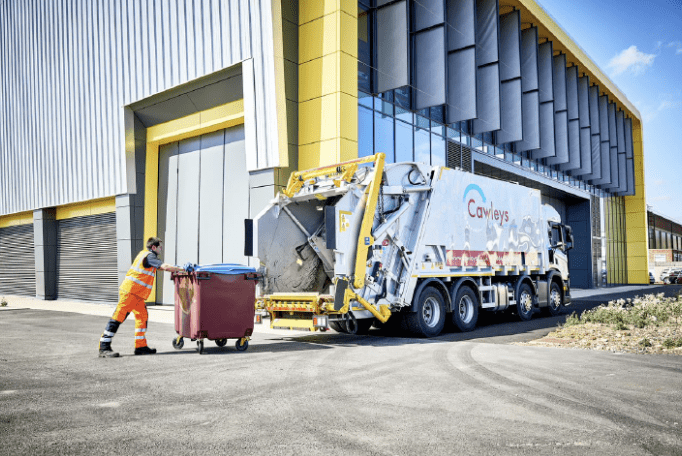Companies and organisations based in Milton Keynes are no exception. MK has a reputation for innovation and it is expected that our ‘new city’ will be at the forefront of sustainable business. Indeed, we are already making huge in-roads with initiatives such as electric vehicle charging points and delivery robots. As a forward-thinking and dynamic population it is likely that residents of MK will ‘demand’, rather than just ‘hope’, that companies in the region will step up their eco-credentials and play a real part in the fight against global warming. Evidence already strongly suggests that companies that don’t operate in a sustainable manner are far more likely to be rejected by millennials than those that do. It is therefore imperative that organisations put plans in place now to embrace ‘green’ practices and policies and take time to tell their customers about them.
This is as true for large conglomerates as it is for small start-ups, and a great place to begin is to take a look at your business’ waste management. Could you be recycling food waste, coffee cups, plastics or cans more effectively? Not only will the right approach to waste management and recycling serve you well in CSR and customer engagement, it could also help your bottom line. Asking these three questions could save you money, time and your business’s environmental reputation.
These questions are drawn from the experience of one of the most successful, award winning, family-owned waste management companies in the region, Cawleys.
The company works for organisations from the largest, most complex manufacturing plants, NHS hospital trusts, and entire shopping centres through to local pubs, shops, garages and schools. If you live or work in Milton Keynes, Northampton, Luton or Bedfordshire, Cawleys’ vehicles or equipment can often be spotted at large corporate events or travelling between customers’ sites and its three depots in the area.
It is almost always possible to make improvements to either the cost of recycling or the level of recycling rates you achieve by asking the right questions of your waste partner. This applies whether you have a small, regular waste collection service or a more complex contract which incorporates a number of different waste streams or collection types such as food, metals, oil or coffee cups.
For example, a bale of paper waste is considered contaminated and unsuitable for recycling if it contains 0.5% of the wrong material. This can increase waste management costs. Are you set up to collect and store different types of waste in the most efficient way possible, and using the most innovative new recycling opportunities available?
Every waste stream is considered a resource by Cawleys, because it has, with the right storage, collection and logistics in place, the opportunity to be turned into a new product and give a second life as part of the circular economy.
By taking a fresh look at how you manage your waste resources you could also benefit from better staff and customer engagement.
Many consumers make decisions based on sustainability or green credentials, and staff are more engaged if they can see that their employer is playing their part in adopting sustainable working practices. Are you still sending waste resource to landfill? Could you be recycling plastic when currently it is going to waste?
Helping your staff to understand what, where and how you recycle your waste resources can be a very powerful motivator. Many organisations use it to meet their Corporate Social Responsibility (CSR) targets, and help them turn a routine business cost into a socially responsible investment (SRI).
For more information visit www.cawleys.co.uk













